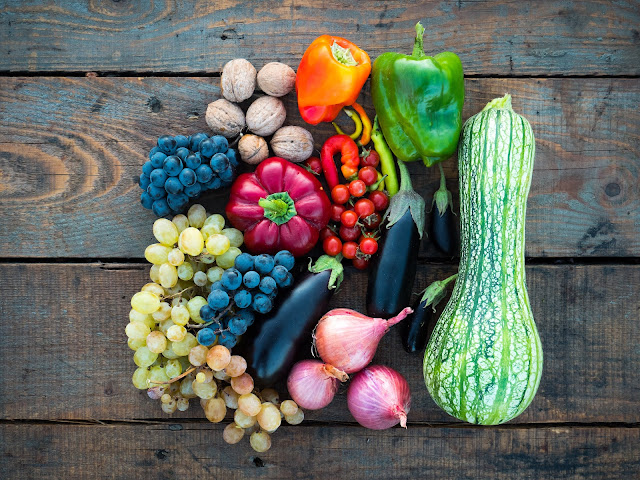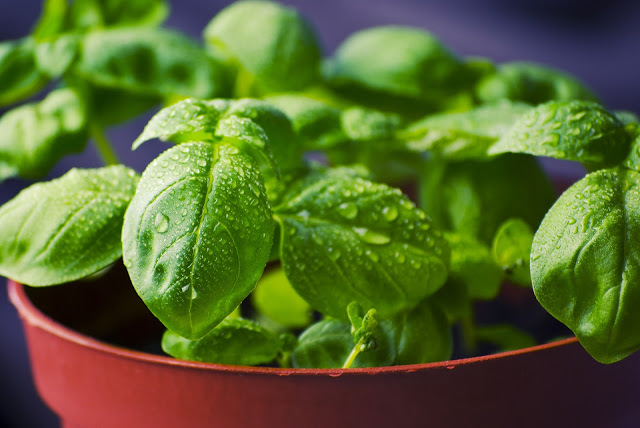The Origins and Practices of Lammas/Lughnasad - Day 304 of 366
One of my assignments last month was to research and understand the traditions connected with Lammas/Lughnasad. Traditionally celebrated in August in the Northern Hemisphere, toward the end of summer. As my practice follows the seasons Lammas is celebrated in early February here in Australia.
In early Ireland, it was not good to harvest grain before Lammas. If you did harvest before then, that meant that that the harvest from the previous year ran out before the next harvest was ready. This meant that the farmers would have failed in providing for their community.
On Lammas, the first sheaves of grain were cut, and by that night, the first loaves of bread for the season were baked. The word Lammas comes from an Old English phrase that translates to “loaf mass.”
In some traditions, this day honors the Celtic god, Lugh. This celebration of the god, Lugh is referred to as Lughnasad (pronounced Loo-NAS-ah). Lugh is the god of craftsmanship; he is skilled in many things, including blacksmithing, wheel making, and fighting. There is some discrepancy as to why Lugh is honored on this day. Some tales say that this is the date of Lugh’s wedding feat. Other stories say it is because he held a harvest fair in honor of his foster mother, Tailtiu, on this date.
Pagans today bake breads and cakes to celebrate the historical grain harvest. Some celebrate with a harvest ritual. This ritual typically involves decorating an altar with symbols of the season. Some of these symbols include scythes, corn, grapes, apples, and/or any other crops that might be harvested at this time. Some of these rituals involve casting a circle, and saying some words that symbolize their thanks to the earth for the harvest. After the ritual, everyone eats some bread together, and may also drink wine to wash it down. To honor Lugh, people make crafts and decorations for their house, to represent his skills in those areas. And as with most sabbats, there is feasting. This feast usually is prepared with one’s harvested crops at this time. If they had their own garden it wouldn't be unheard of to share different specialties with the locals.



Comments
Post a Comment